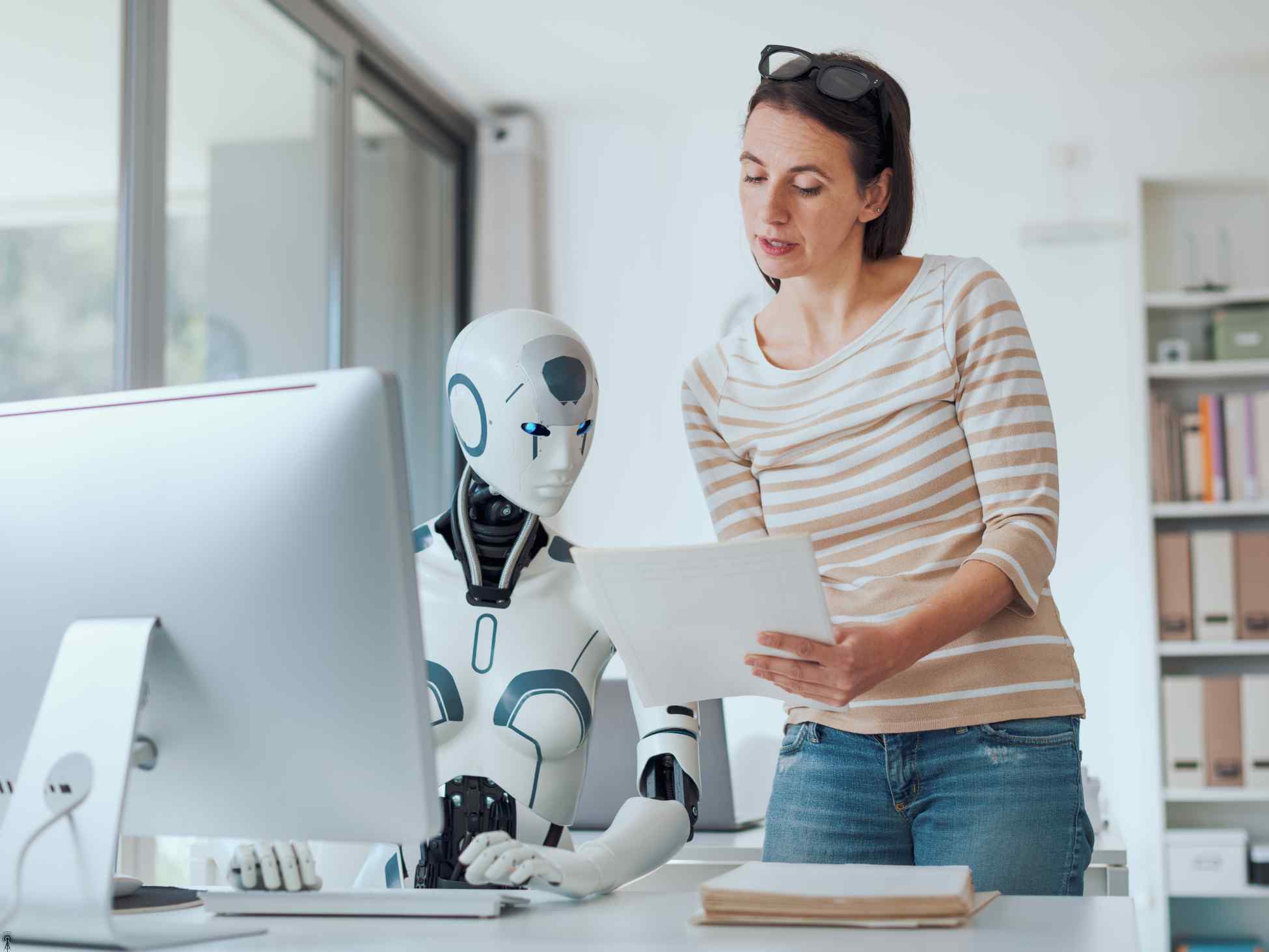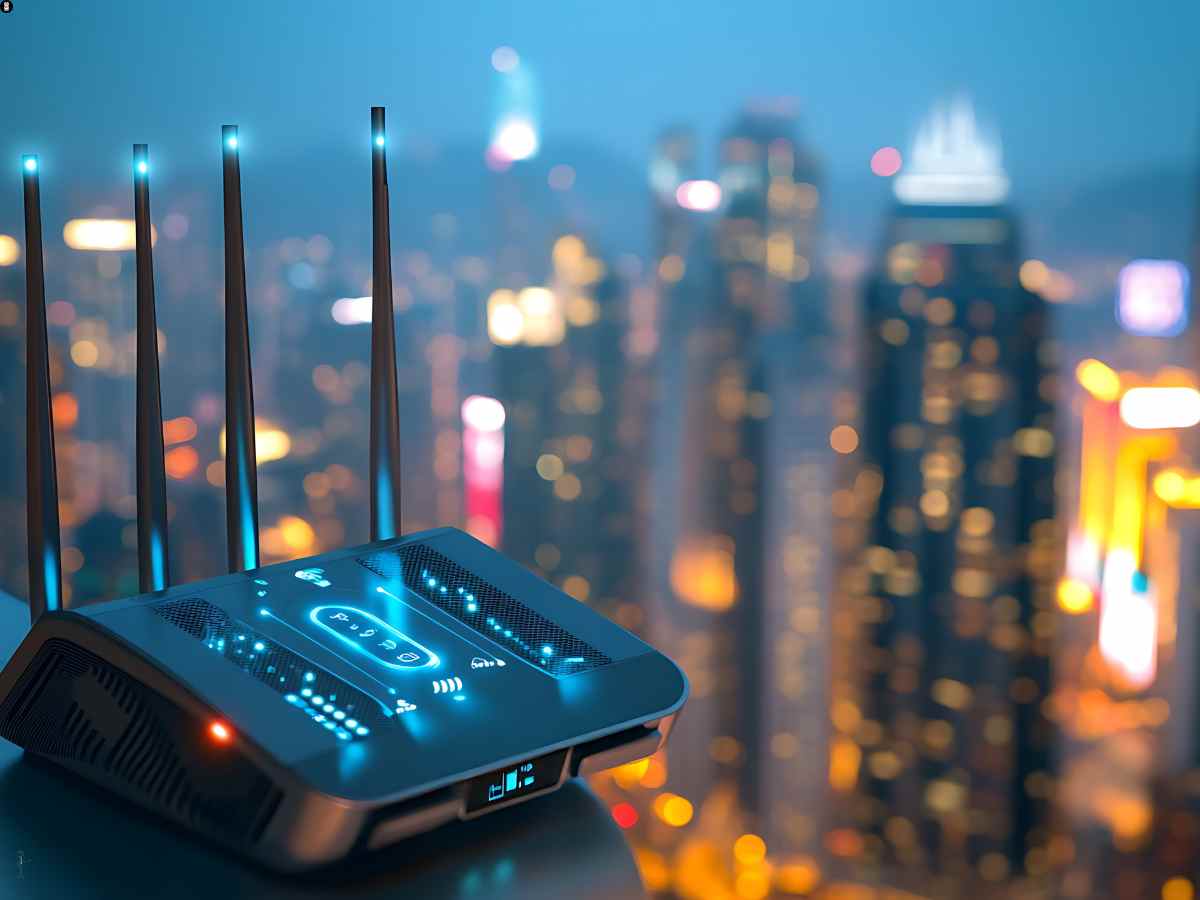Imagine having a teammate who never sleeps, processes information at lightning speed, and remembers literally everything. Sounds amazing, right?
Well, that is what it feels like, pretty working with AI. But the twist is, this teammate can’t operate solo. It doesn’t have instincts, doesn’t feel. It doesn’t understand emotions or context. That is where you step in.
Welcome to the era of Human-AI collaboration, where the secret to success is not just about having the best tech, but about combining the best of human and machine. This is not science fiction anymore. This is the reality of today’s workplace.
And the interesting part is, the real game-changer in this partnership is not coding, it’s soft skills.
So What Is Human-AI Collaboration?
Let’s be clear, this is not just about using an AI tool to write your emails or crunch numbers.
Human-AI collaboration is a two-way partnership. It is when your insight, your intuition, your decision-making works with AI’s processing power, speed, and scale to create better outcomes, faster, smarter, and more creatively than either could alone.
It’s like a dance.
AI takes care of the choreography, the structured, predictable stuff.
You? You bring the improvisation, the soul, the spark, the human touch.
AI is the “how.”
You are the “why.”
And that’s where the magic happens.
It’s Not Man vs. Machine, It’s a Tag Team
You may have listened to this many times about AI taking jobs. And sure, some roles are evolving, but the bigger conversation should be this:
How can AI support what we do best?
AI is unmatched when it comes to data analysis, automation, and pattern recognition. But can it comfort a grieving patient? Negotiate a complex deal with empathy? Tell a story that moves people to tears? Not quite.
That’s still our domain.
We humans bring:
- Empathy
- Ethical judgment
- Cultural understanding
The best results come not when AI tries to replace us, but when it amplifies us.
Soft Skills: The Unsung Heroes of AI Integration
Here are the top soft skills that are shaping the future of human-AI collaboration:

This is the foundation. In every workplace, effective communication is a must-have skill to translate complex ideas into something others can also understand. Especially with AI, where explaining how a model works, or why a system made a decision, matters more than ever. If people don’t understand the tech, they won’t trust it. Having clear, compassionate communication can bridge that gap.
AI can give you an answer to every question. But is it the right answer? For the right context?
We need humans who question the data, challenge assumptions, and know when to say, “Hold on, let’s look at this again.”
Especially when bias, misinformation, or incomplete data can quietly creep into AI systems, critical thinking becomes non-negotiable.
3. Empathy
You might wonder: what does empathy have to do with AI?
Answer: Everything.
AI makes decisions that impact real people who get hired, who get a loan, and who get flagged as a risk. If we are not designing with empathy, we’re just automating systems that ignore the human experience.
Empathy ensures AI doesn’t lose its moral compass.
Because AI doesn’t have one, we do.
4. Adaptability
Technology is evolving fast. What is today’s cutting-edge tool could be outdated in a year. But what stays relevant? Your ability to adapt.
Soft skills like curiosity, resilience, and a growth mindset will always outlast technical tools. So, the most important thing for everyone is to keep evolving, alongside the tech.
Working with AI isn’t a solo gig.
Designers, engineers, analysts, writers, everyone brings something different to the table. Collaborating across teams, departments, and disciplines is how the most impactful AI tools get built.
No one person has all the answers. The best ideas are co-created.
Ethics: Where Humans Must Lead
Let’s not pretend that AI is neutral. It’s only as fair, accurate, and unbiased as the data it’s trained on, and the people who build it.
That’s why ethical thinking is so critical.
- Who is being left out of the data?
- What biases are being reinforced?
- Who’s accountable when things go wrong?
AI doesn’t ask these questions. But we must.
Ethics, empathy, and accountability are soft skills, but they’re also safety nets. They ensure we build tech that reflects our values, not just our capabilities.
The Future Is Human-Centered Tech
We’re often told to make ourselves “more technical” to stay competitive. And sure, technical fluency helps. But it’s not everything.
What really makes someone irreplaceable in an AI-driven world?
- Leading with empathy.
- Thinking critically, not just quickly.
- Creating with imagination and meaning.
The future of work isn’t about turning humans into machines.
It’s about building machines that help humans thrive.
Final Thoughts
Human-AI collaboration is the future of how we work, live, and solve problems. And at the heart the real driver of success is the human. Not the certifications or the ability to write the perfect AI prompt, but the ability to think deeply, connect meaningfully, and lead with empathy. Thriving in the AI era is not just about mastering new tools, it is about building the human skills that machines can’t replicate. Communicating clearly, questioning with courage, adapting with curiosity, leading with empathy. These are not just “soft” skills anymore, they are the power skills that make technology work and make you truly unforgettable.
This isn’t the end. It’s the awkward ‘please follow us’ part. LinkedIn and Instagram. You know what to do.






